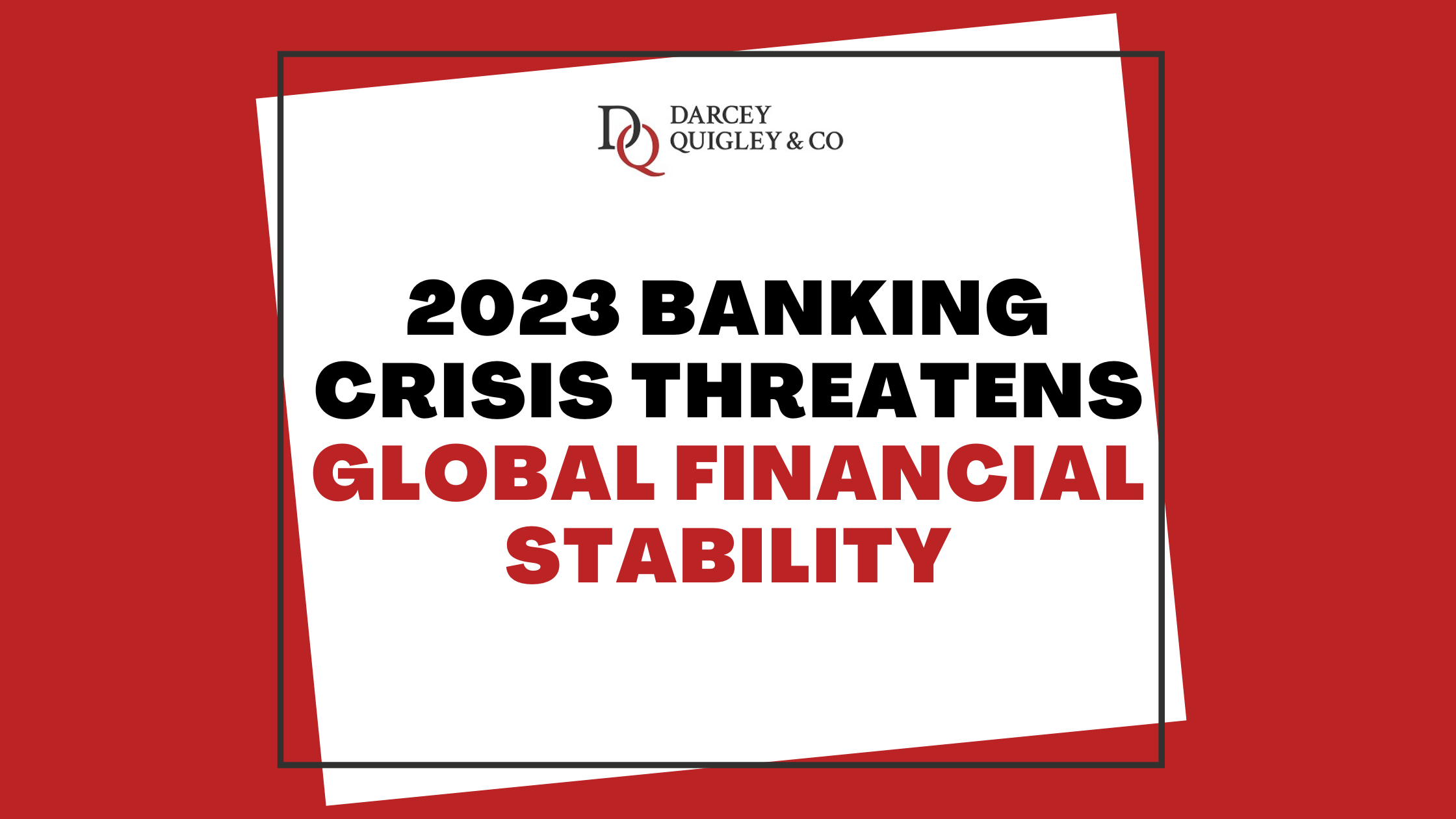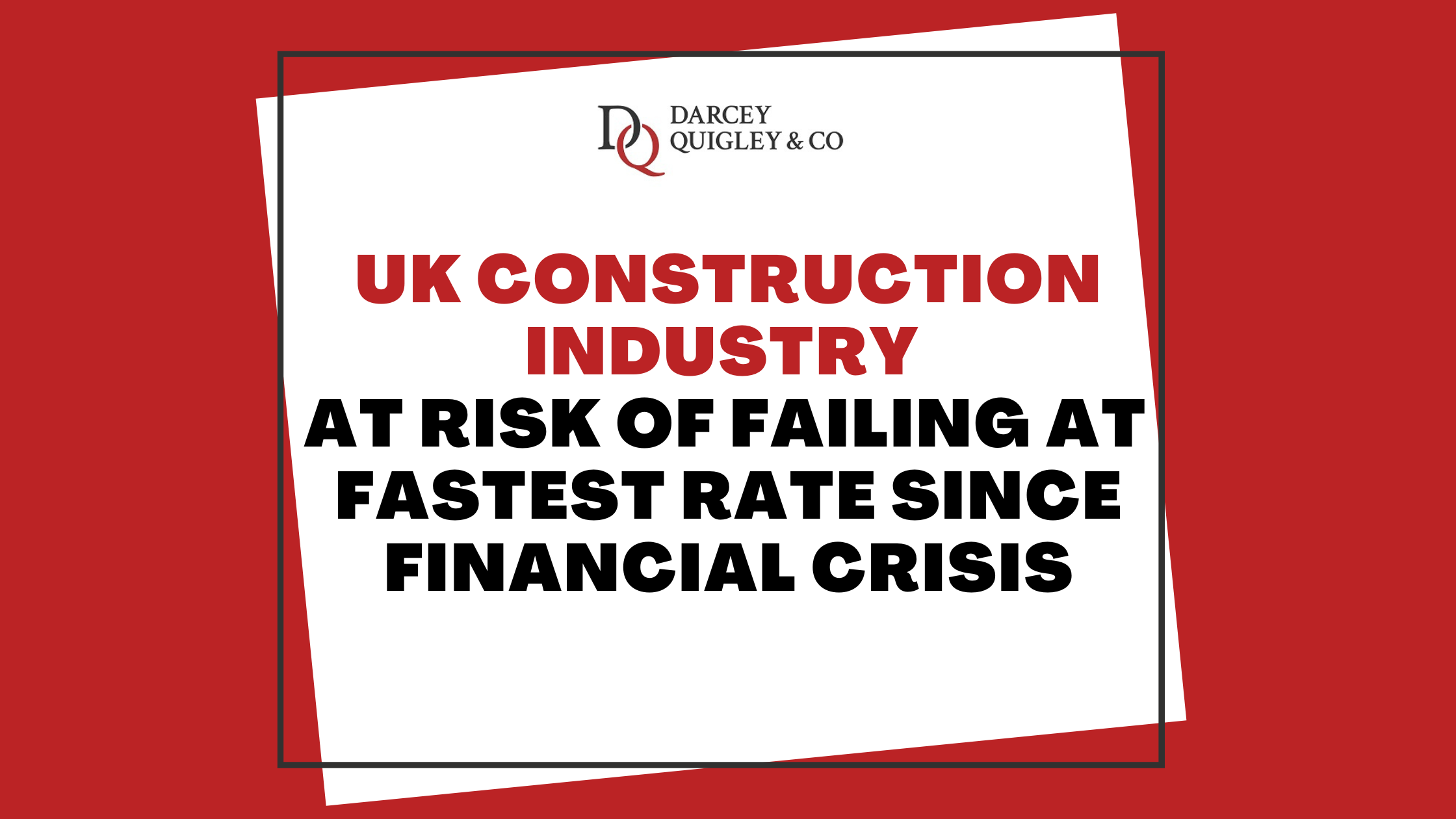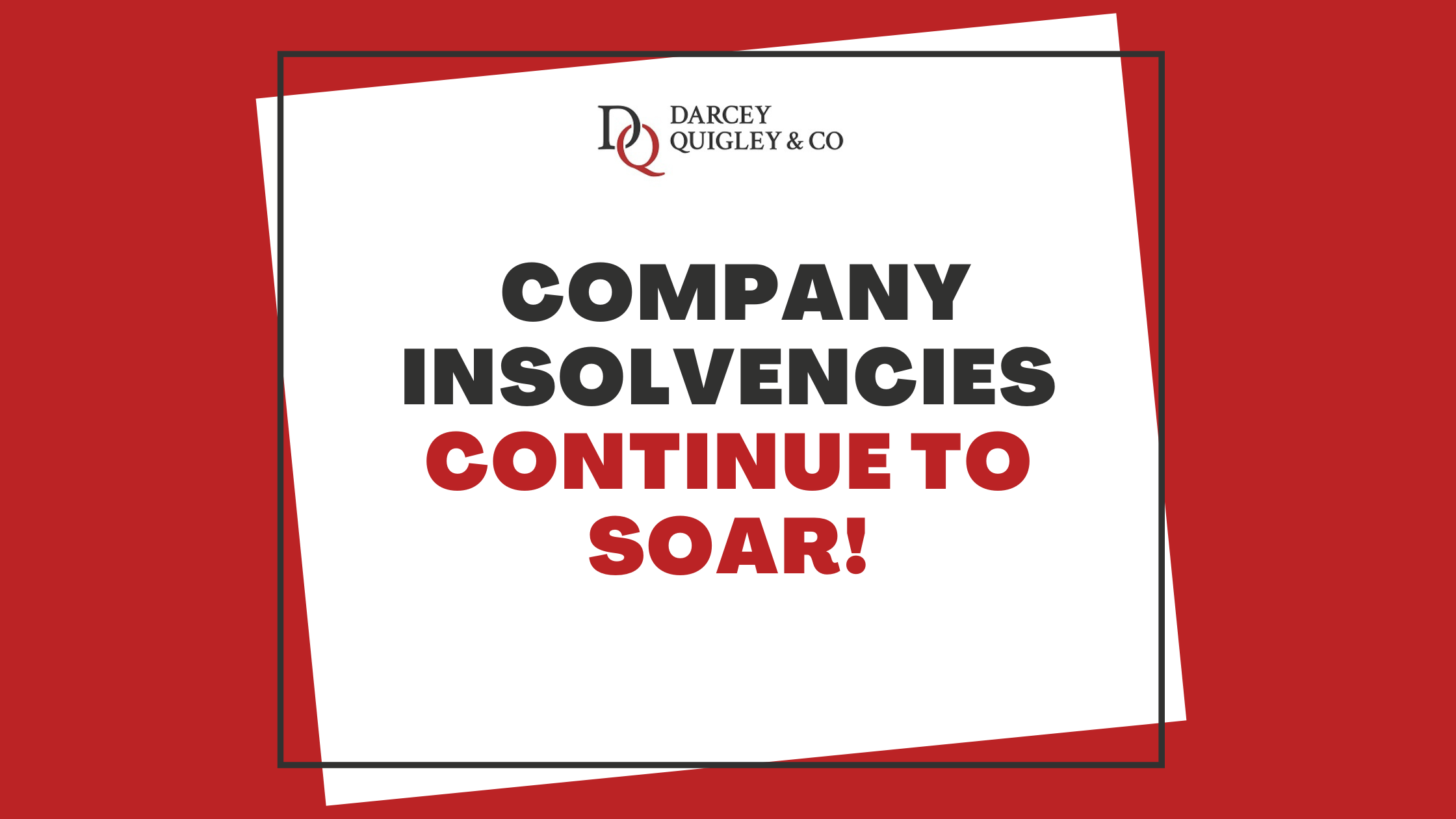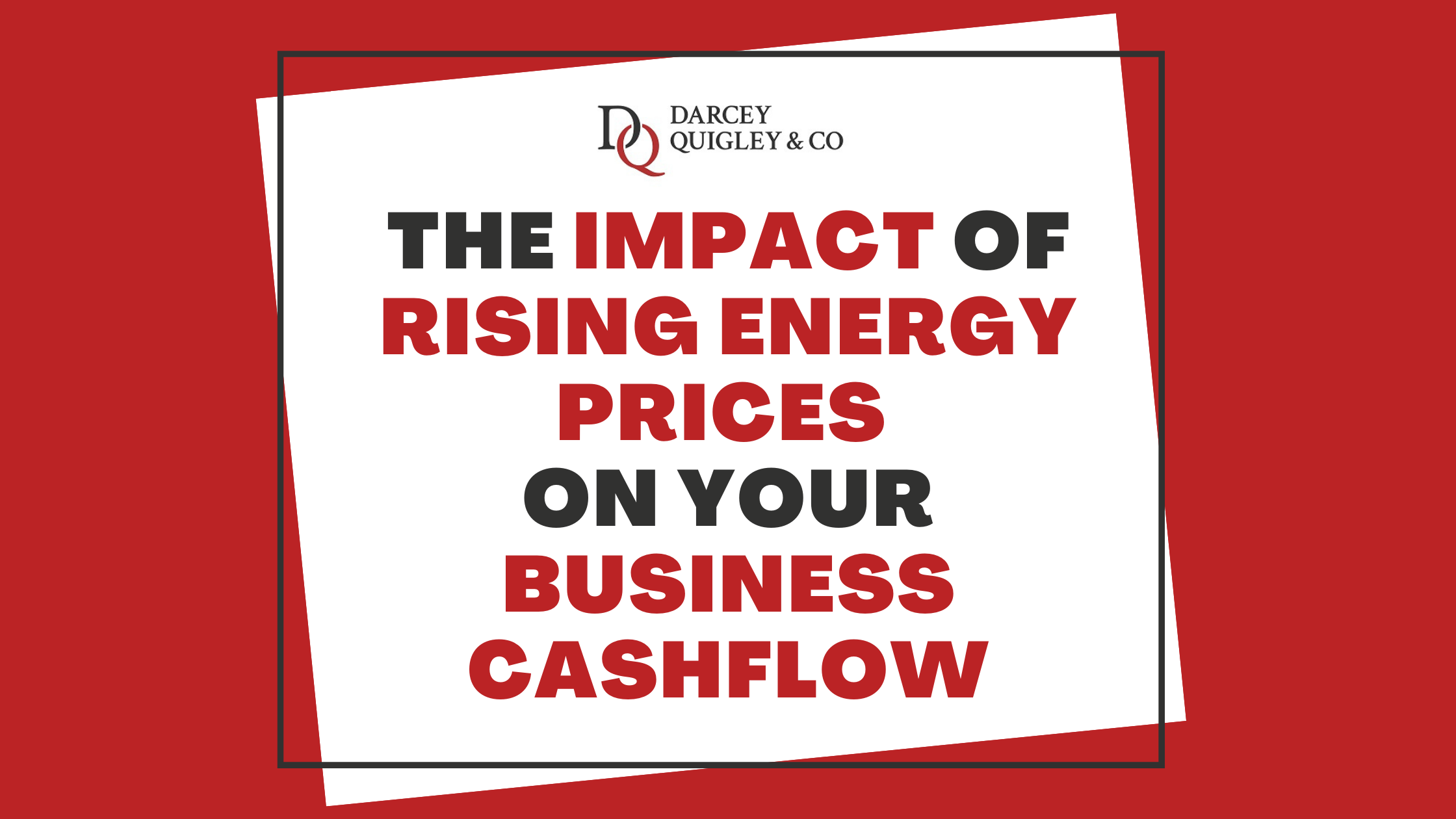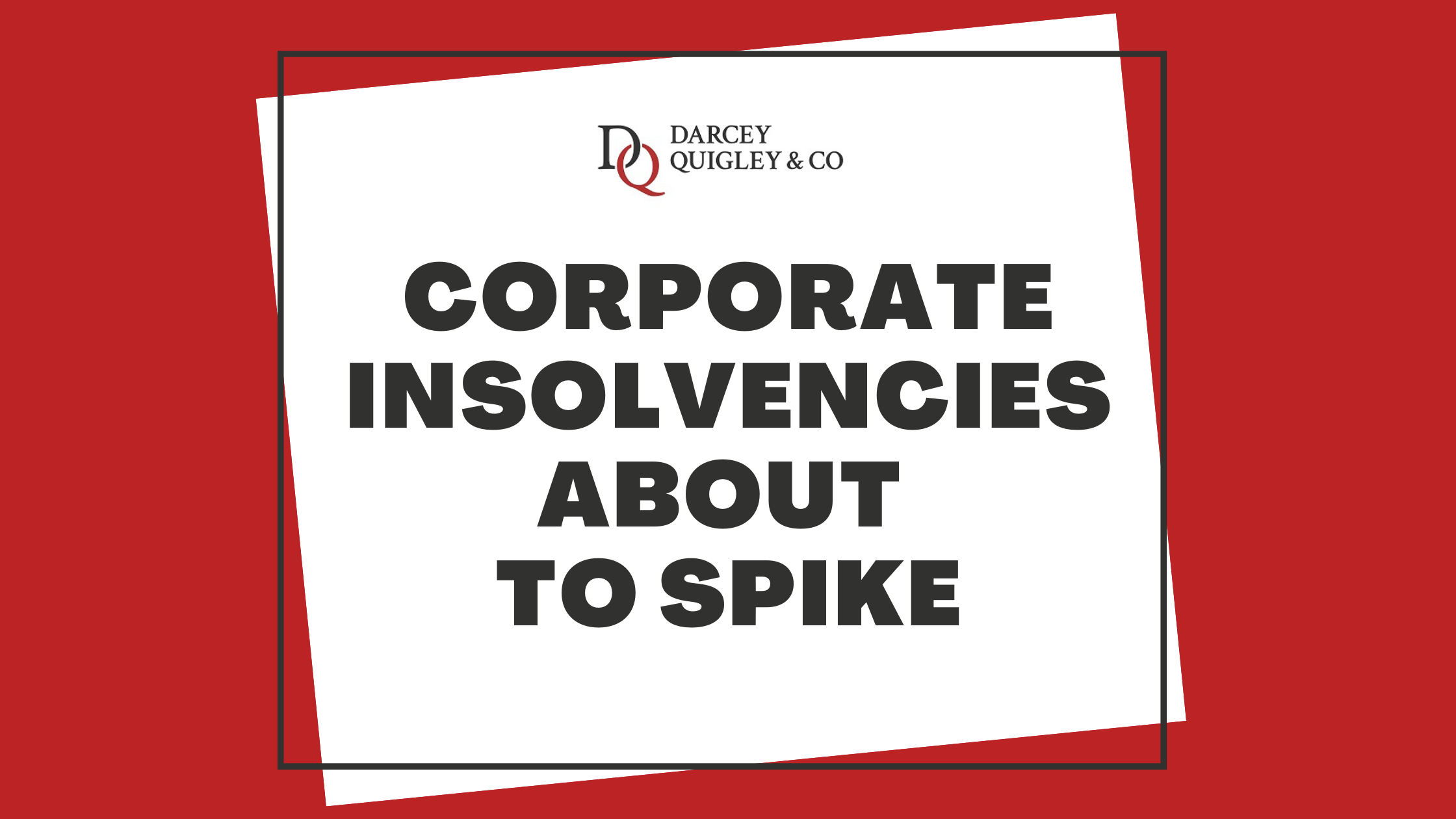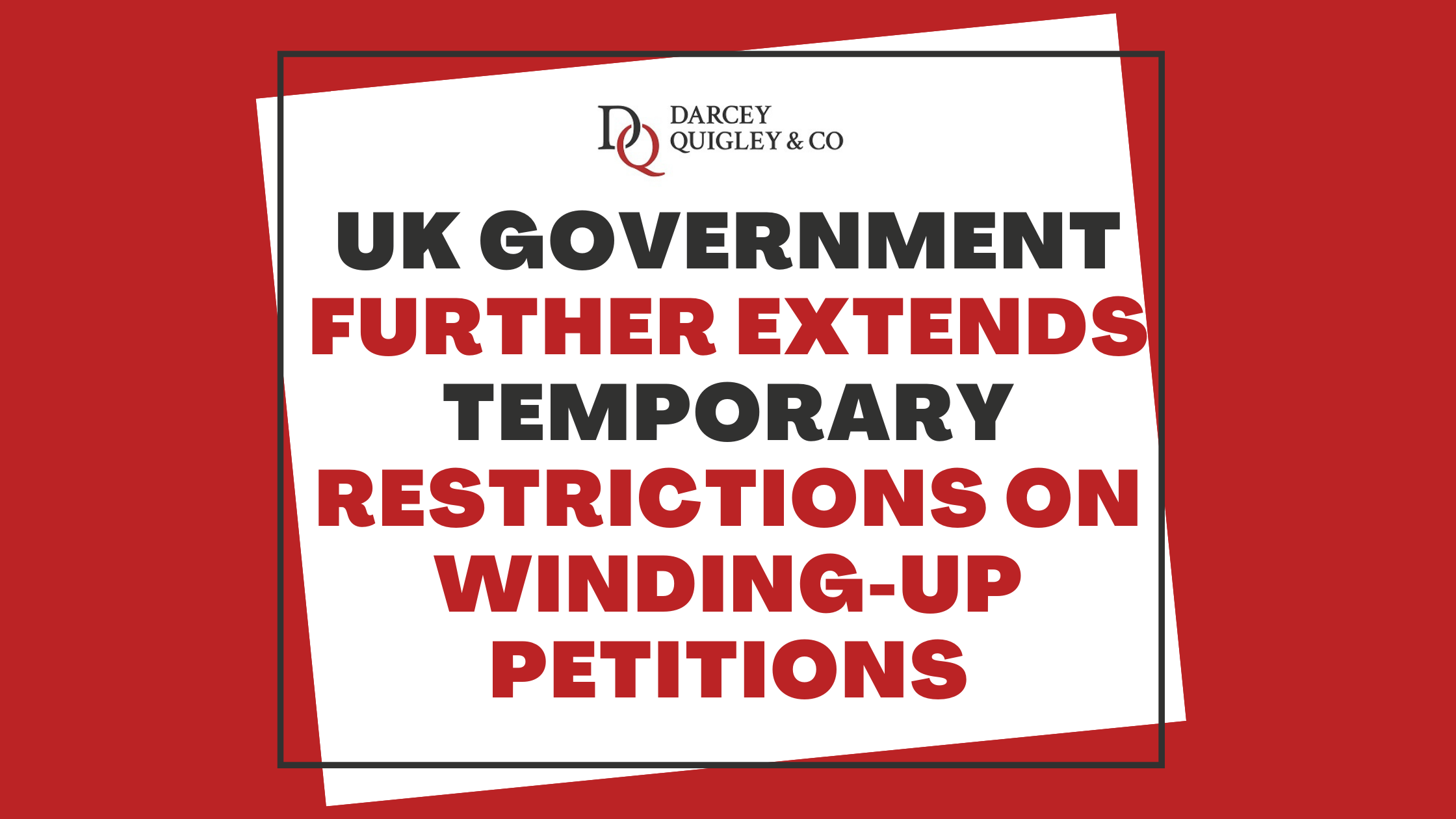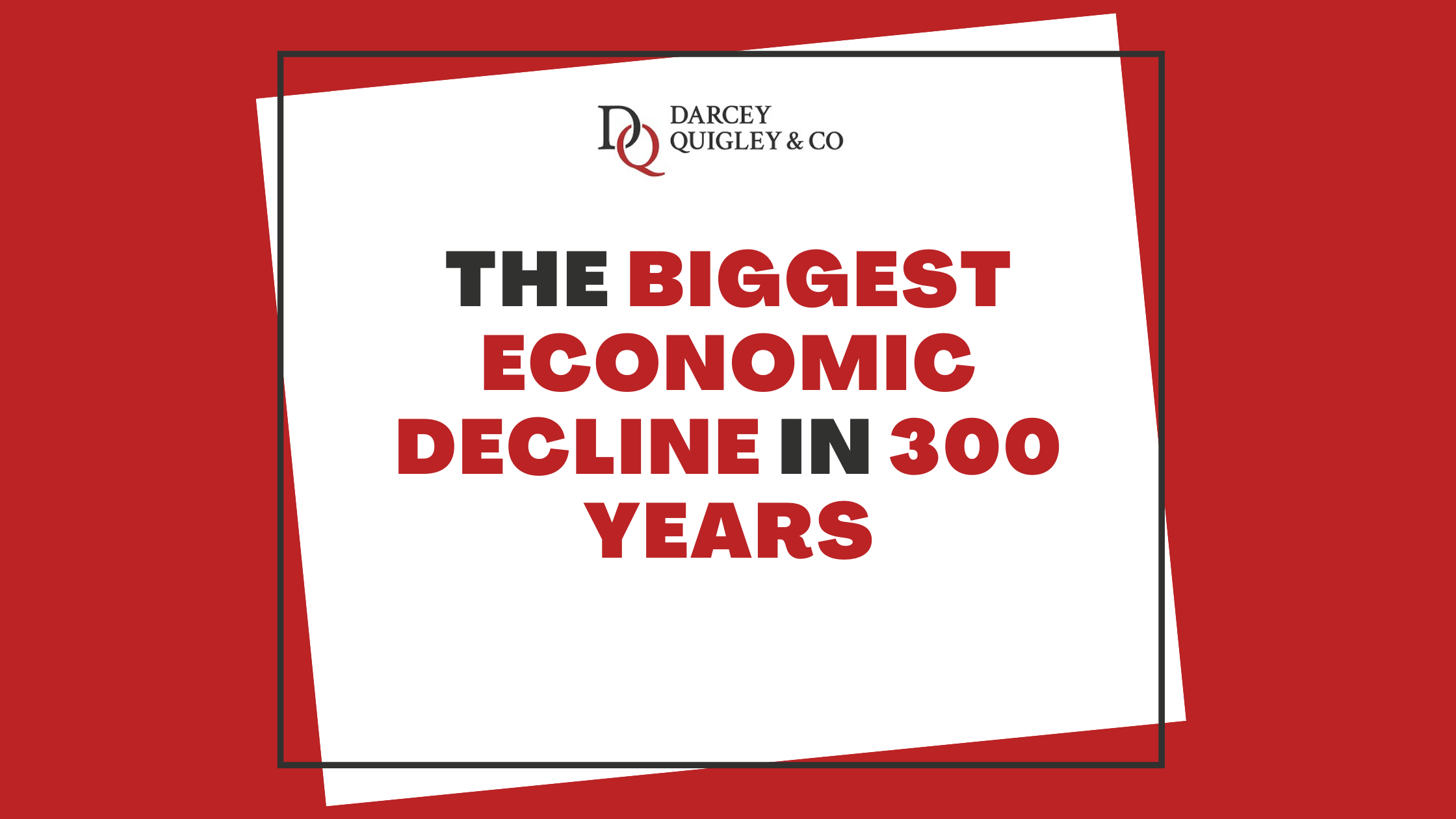What is the most sensible and economical approach to recovering outstanding debts?
This is an age-old debate between the legal sector and commercial debt recovery which has been ongoing for years. Both approaches promise to recover debts however the approach, timescales and costs vary considerably.
We found that some companies will just automatically pass their debt to a solicitor or claim their credit insurance without fully understanding the debt and customer. Others may look to use commercial debt recovery, but they are more interested in a less expensive agency with little experience, unsubstantiated claims, costs and recovery figures and are not interested in an ethical and reputable debt recovery company.
There are several factors you must consider before choosing the right approach for your outstanding customer invoices. Such consideration is company size, the customers industry and the age of the debt and value of the debt.
Late payer or bad debtor?
Another debate we often have with others in the industry is understanding the difference between these two terms. Some people don’t differentiate between these terms and believe they are the same, however we believe there are fundamental differences.
Late payers are companies who have the money available but who choose to keep a hold of the money for as long as possible. This could be to help their cashflow, increase their reserves or just because they have not been chased often enough.
A bad debtor is company who usually doesn’t want to pay or doesn’t have the means to pay. These are the most challenging forms of debtors. They should not be treated in the same way as a late payer and require a bespoke approach to recovering their debt. These cases are always more complex case and requires a variety of different approaches and tactics.
What route should I choose?
If you have exhausted all your internal resources collecting an overdue debt, or if your debt is now seriously overdue then you need to decide whether to outsource to a third party.
In the first instance, it is advisable to establish who you think are late payers. If you view them as a later payer, then it does make sense to try and prompt payment using a Letter Before Action (LBA). LBA’s only costs a few pounds and are sent by a solicitor giving the debtor 7 days to pay their outstanding invoice or further action will be taken to recover the debt. This approach is used as a loss leader for the legal industry to get clients on board before they undertake expensive legal action when the LBA does not work. As it only costs a few pounds, there is no calling, additional chase letters or background checks on the company. Although in most cases it is ineffective, it will act as a catalyst for a small portion of late payers. However, these letters will not deter bad debtors.
The only caveat to add here would be to ensure that when instructing an LBA through a solicitor you do not sign up to a contract. This way you haven’t signed up for the full recovery of the debt through the solicitor. Instead before progressing to the next legal stage we would recommend you then switch to a commercial debt recovery company to recover the remaining outstanding debts.
Commercial Debt Recovery companies will use pre-litigation techniques to recover your debts. This way you spare the expense, delays and any upfront costs associated with legal action. They will attempt to recover your money on your behalf. Unlike solicitors, all costs are agreed upfront and you should have this confirmed before instructing a recovery company. You will not be liable for any upfront costs and your costs only become due when the company recovers the debt for you.
Any reputable commercial debt recovery agent will run a few checks on your customer get some background before being instructed. They will credit check the company, have a look for any assets owned by the company and debtor. Check for CCJ’s and any patterns which might suggest your money is at risk. Then they will discuss what approach you wish to take and agree on the processes. This way you remain in control of the debt. That way work can be undertaken almost immediately after you have instructed them.
Remember most commercial debt recovery organisations will only charge on successful recovery and you will not be liable for any charges until then. They will also seek to recover all costs you are legally entitled to under The Late Payment of Commercial Debts (Interest) Act 1998 – This allows you to claim 8% interest above the bank of England base rate, claim a fixed compensation fee per invoice and then any reasonable costs for recovering the debt. In most instances will be the costs from your commercial debt recovery company. There are no guarantees that you will receive these additional costs, however Darcey Quigley & Co have found that in 80% of cases they will recover such fees where the invoice or contract is not disputed.
If your commercial debt recovery company have exhausted all possibilities and failed to secure payment for you then they will pass the debt back to you for you then to pursue it through the legal channels if appropriate and if it is economically viable.
Remember there can be significant costs associated with legal recovery and even when you are successful in a case your debtor still has to find the funds to pay you. It does not guarantee payment of your debt or the recovery of your costs.
Why people write off bad debts
One of the most common reasons for writing off bad debts is that your customer becomes insolvent. This happens in 1 in 4 cases for written off debt. If this is the case, then both the legal route and commercial debt recovery would not have worked.
If you pass the case over to a debt recovery specialist earlier enough then as part of their investigation they should uncover tell tales signs that your money will be at risk. They would seek to recover your money before a liquidator is appointed or before the company goes into receivership. This is possible due top the quick turnaround time for debt recovery.
If you had instructed a solicitor, you would still be liable for the costs leading up to the recovery. On debt recovery if no money was secured before they went into liquidation/administration then no fee would be due.
Worryingly around 50% of bad debt which is written off due to certain assumptions; they believe the customer do not have the funds, they don’t have the time to continually chase the debts, they don’t want to damage their customer relationship, or they don’t have the fund to pursue the debts through the courts. On all these scenarios each debt could have been recovered through commercial debt recovery with little or no risk to you. The reasons companies provide to justify this
Writing off a debt has no advantages over recouping between 75% to 100% of the original sum. It is therefore imperative to be aware of the facts surrounding your outstanding payments to help you make a more informed decision about the debt and how to approach it.
No matter what route you decide to take always do your due diligence on the company you instruct. Your customers are important to you and you must find a company who will treat them in the same manner as you. Be wary of signing up for any contracts before you have used the organisation and be sure you are fully aware of your liability before signing up to anything.
Why not check out our recent programme we did in conjunction with CICM and ITN Productions which outlines some of the key differences between late payers and bad debtors.
We also have a library of related documents which will help you make an informed decision:
Late Payment Act
Fact Sheet – Credit Insurance
Pre Litigation Recovery Fact Sheet UK
Darcey Quigley Brochure.


